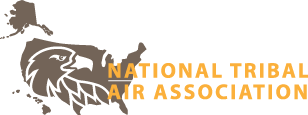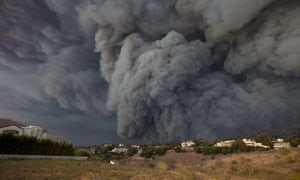PHOTOS FROM THE FIELD: Week of January 27-31, 2020
PHOTOS FROM THE FIELD
Indian Country Today – The trend is clear: Climate change is impacting Alaska now
Charles Enoch, Yup’ik, of Bethel and Tuntutuliak, points to a spot in a snowmachine trail that looked safe to cross, but turned out to be a hole about four feet deep. (Photo by Joaqlin Estus, 2015)



